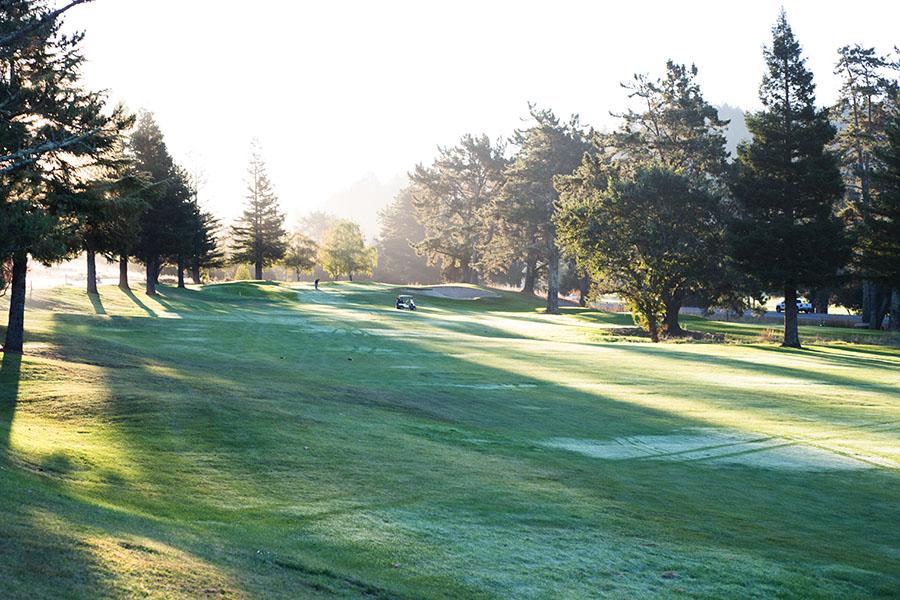If the county can raise the funds to purchase it, the San Geronimo Golf Course will be dismantled and the land converted to open . . .
Open space planned for golf course


If the county can raise the funds to purchase it, the San Geronimo Golf Course will be dismantled and the land converted to open . . .